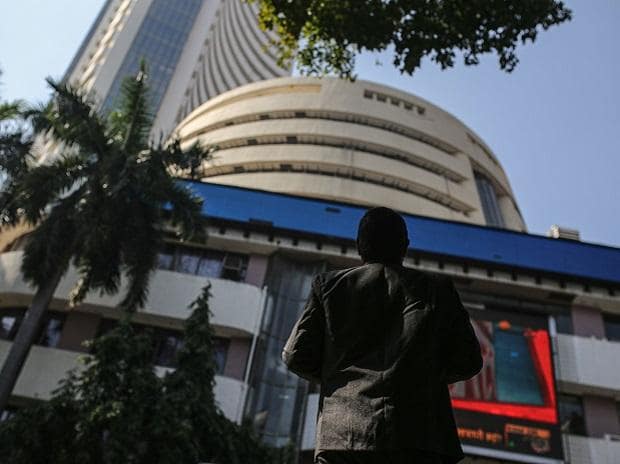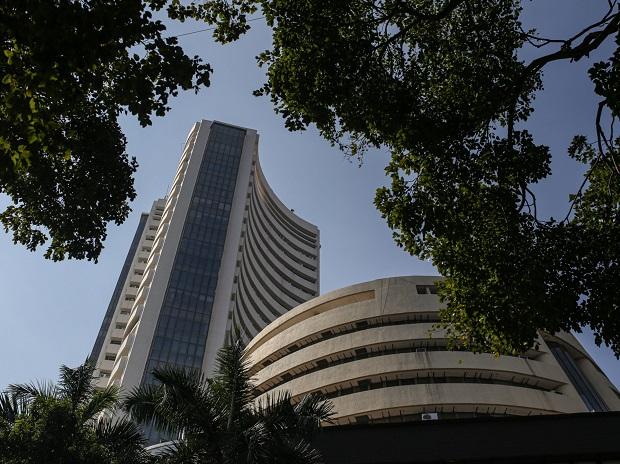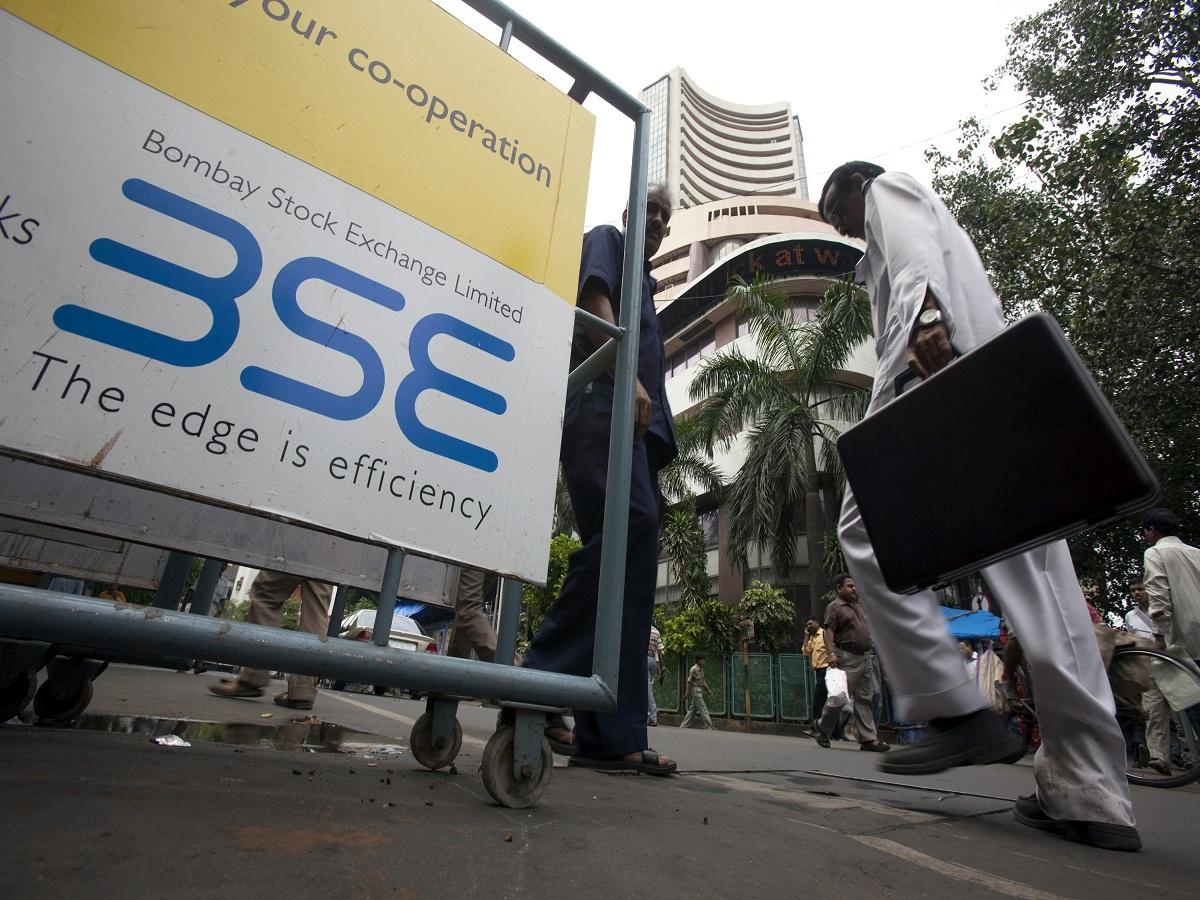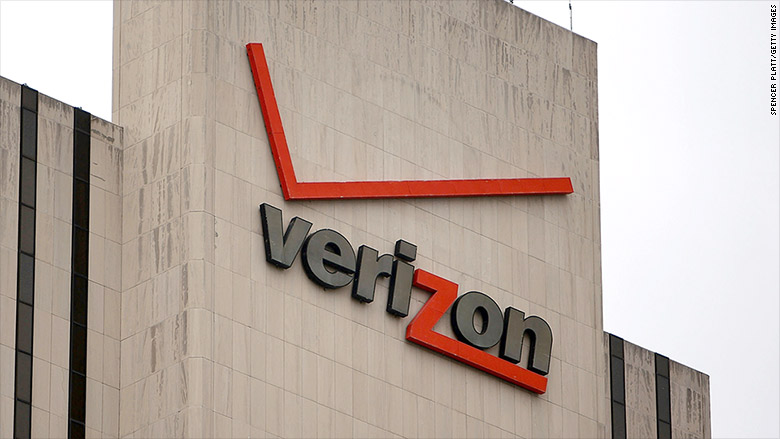After the latest downturn, the benchmark National Stock Exchange Nifty is down 1,365 points, or 6.8 per cent, from its peak of 20,222.5 on September 15, 2023. Experts don’t rule out further correction amid a slew of headwinds, such as rising US bond yields and crude oil prices, geopolitical uncertainties, and earnings disappointments. Additionally, India’s general elections could emerge as another uncertainty if state election results are not favourable, experts added.
The yield on the 10-year US benchmark bond rose to over 5 per cent for the first time since 2007 on Monday, weighing on equity market sentiment globally. Although the yield has receded slightly below 5 per cent, it remains at a multi-year high, which will continue to exert pressure on capital flows.
Already, the benchmark S&P BSE Sensex and Nifty50 have closed in the red for six straight sessions. The Nifty50 has declined 4.82 per cent during the period, while the Sensex is down 4.94 per cent.

The higher US yields pose risks for equity markets on two fronts — the exodus of foreign capital to US bonds due to better risk-adjusted returns and economic slowdown due to higher borrowing costs.
Analysts say that the negative sentiment may continue to drag down the market, even as price-to-earnings (P/E) valuation reverts towards its long-term averages.
“Valuation-wise, Nifty is in a comfortable zone at around 18-19x the one-year forward P/E. However, the negative sentiment owing to global factors may continue to weigh on the market. The midcap and smallcap segments may see a larger correction, given their higher valuations,” said Siddhartha Khemka, head of retail research at Motilal Oswal Financial Services.
Experts say earnings disappointments by a host of marquee firms, particularly in the information technology and fast-moving consumer goods space, make it difficult to justify premium valuations.
According to some fund managers, the market continues to trade at an elevated level, but a meaningful correction from current levels can provide a good entry opportunity for long-term investors.
Some suggest that investors should utilise their available funds in case of another 4-5 per cent drawdown from current levels in the benchmark indices. This may entail a 15-20 per cent correction in midcaps and smallcaps.
“The current equity market is trading at somewhat elevated levels given the valuations, and investors requiring near-term cash flows should shift away from equities. Investors with a five-year-plus view can continue to remain invested,” said Rajeev Thakkar, chief investment officer at PPFAS Mutual Fund.
“The current fall could be used to raise the weight of equities gradually if an investor is already underweight. In case they are overweight equities, they should do a review of their portfolio and raise some cash by taking profits from their positions. This can be deployed later when the markets seem to be making a short- or medium-term bottom,” said Deepak Jasani, head of retail research at HDFC Securities.
Some experts point out that the impact of geopolitical issues on the equity market is generally limited to the short term.
“If the conflict escalates and if energy prices remain high, it could keep inflation levels elevated, leading to higher interest rates that can potentially depress equity market valuations globally. However, it is important to note that, historically, the impact of geopolitical tensions has always been transient with no bearing on long-term performance,” said Anand Shah, head of portfolio management services and alternative investment funds investments at ICICI Prudential Asset Management Company.
Experts also point to the possibilities of positive developments that can steer the market upwards.

Note:- (Not all news on the site expresses the point of view of the site, but we transmit this news automatically and translate it through programmatic technology on the site and not from a human editor. The content is auto-generated from a syndicated feed.))



